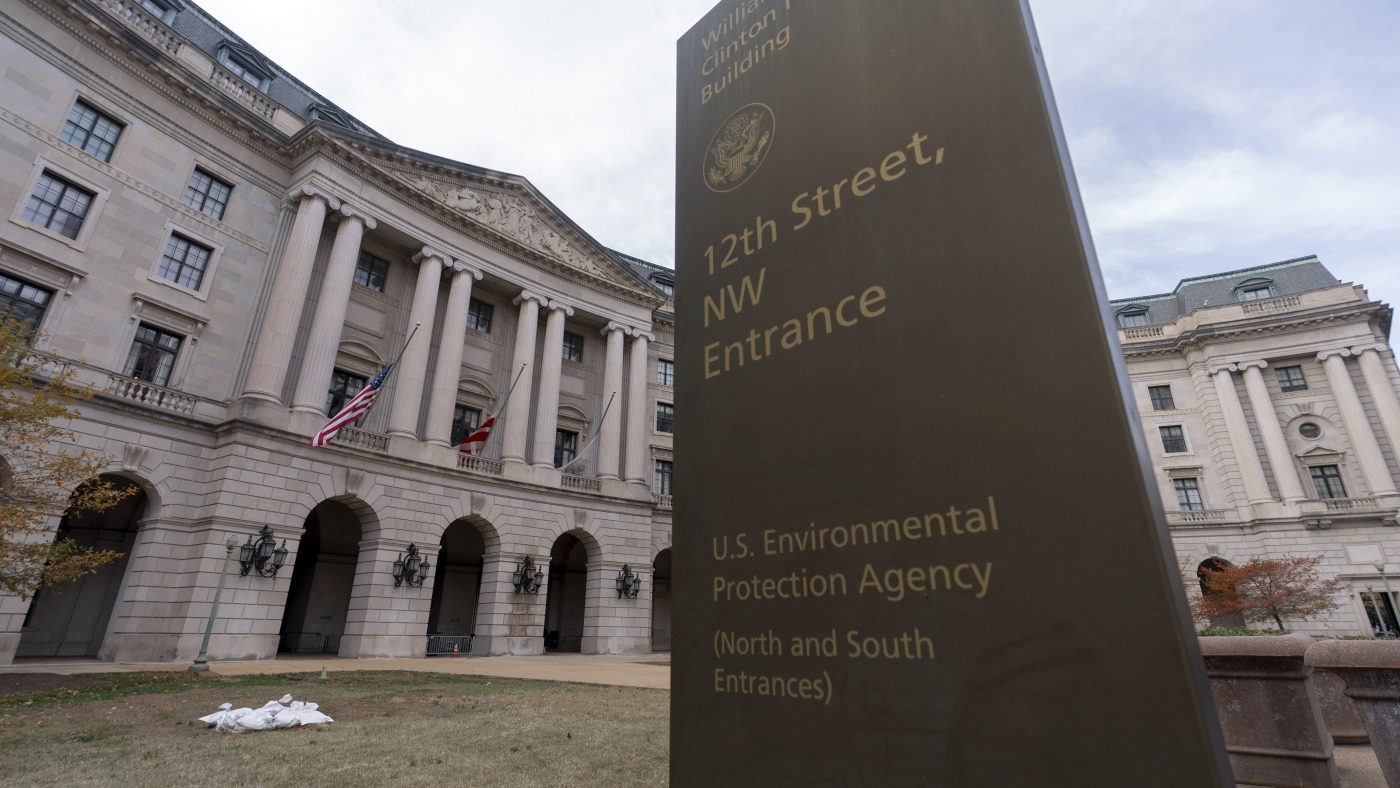The world is moving closer to holding countries accountable for their impact on the climate. On July 23, the International Court of Justice (ICJ) answered a crucial question posed by a group of students in 2023. They wanted to know what obligations countries have to those most affected by climate change.
Anjli Parrin, a Kenyan lawyer and director at the Global Human Rights Clinic, called the ruling “historic” and “exciting.” She noted that it marks a significant shift for a court that typically avoids bold decisions.
The ICJ’s opinion states that all 193 UN member countries, including the U.S., must act to reduce greenhouse gas emissions and protect the climate. Countries are also urged to stop supporting fossil fuel production and consumption as quickly as possible.
The justices warned that climate change is a severe threat to all life. They emphasized that nations must take steps to ensure people can enjoy their human rights by addressing environmental issues.
But, what does this ruling mean for the U.S., one of the largest polluters? The country often operates outside of international human rights standards and is currently seeing a backlash against climate science. It’s uncertain how this ruling will hold the U.S. accountable.
In 2019, students from the small island nation of Vanuatu led the charge for this ruling. They asked the ICJ about countries’ obligations to protect the climate and the legal consequences for harming it. During the hearings in December 2024, 96 nations and organizations shared their views.
Vanuatu faces unique challenges; its sea levels are rising much faster than the global average. Despite contributing little to climate change, the nation is at risk of losing its culture and environment. Even halting emissions today wouldn’t stop sea levels from rising significantly, which can bring devastating impacts.
The ICJ’s ruling is binding for countries that signed the Paris Agreement and other climate treaties. It comes after a previous ruling by the Inter-American Court of Human Rights, which recognized that everyone has a right to a stable climate.
How the U.S. will react remains to be seen. Despite not being part of key climate agreements, the ruling may impact its obligations under international law. Parrin expressed hope that this decision might constrain the U.S. from disregarding international norms and could enable affected countries to take legal action.
Recent changes by the Environmental Protection Agency (EPA) may clash with this ruling. Just a week after the ICJ’s opinion, the EPA announced modifications that erode critical climate regulations. Under the Trump administration, the agency laid off staff, cut funding for environmental justice, and collaborated with corporations in ways that may threaten vulnerable communities.
While the ruling doesn’t guarantee accountability for U.S. emissions, it may influence judges’ perspectives on domestic climate issues. So far, only one case, Held v. Montana, resulted in a victory for young climate activists. Other cases were dismissed due to challenges related to standing and policy arguments.
The ICJ made it clear that legal changes are just one part of the solution. Lasting change requires human will at every level—personal, social, and political—to alter our habits and protect our planet for future generations.
For further reading on climate accountability and international law, check out this UN report on climate actions.
Source link
climate,climate advocacy,climate crisis,climate justice,environment,Feature,greenhouse gas emissions,icj,International Court of Justice,pacific islands





















